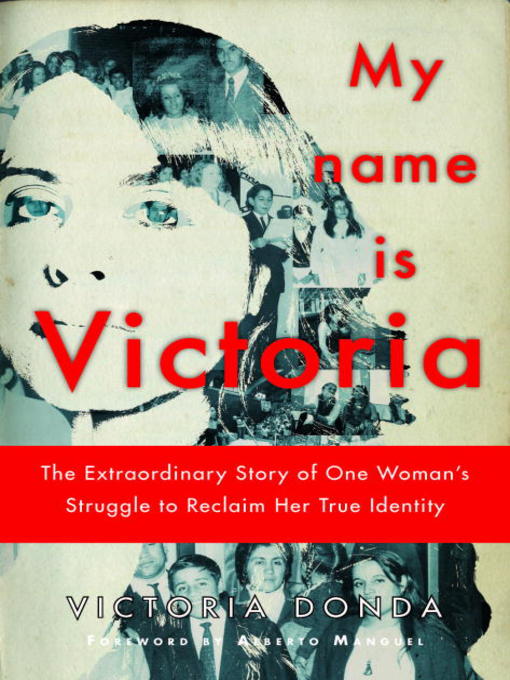Argentina’s coup d’état in 1976 led to one of the bloodiest dictatorships in its history—thirty thousand people were abducted, tortured, and subsequently “disappeared.” And hundreds of babies born to pregnant political prisoners were stolen from their doomed mothers and “given” to families with military ties or who were collaborators of the regime. Analía was one of these children, raised without suspecting that she was adopted. At twenty seven, she learned that her name wasn’t what she believed it to be, that her parents weren’t her real parents, and that the farce conceived by the dictatorship had managed to survive through more than two decades of democracy.
In My Name is Victoria, it is no longer Analía, but Victoria who tells us her story, in her own words: the life of a young and thriving middleclass woman from the outskirts of Buenos Aires with strong political convictions. Growing up, she thought she was the black sheep of the family with ideas diametrically opposed to her parents’. It wasn’t until she discovered the truth about her origins and the shocking revelation of her uncle’s involvement in her parents’ murder and in her kidnapping and adoption that she was able to fully embrace her legacy. Today, as the youngest member of congress in Argentina, she has reclaimed her identity and her real name: Victoria Donda. This is Victoria’s story, from the moment her parents were abducted to the day she was elected to parliament.


